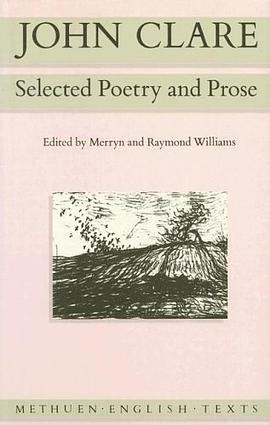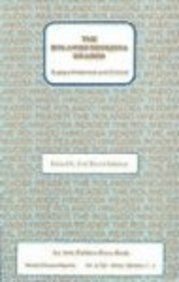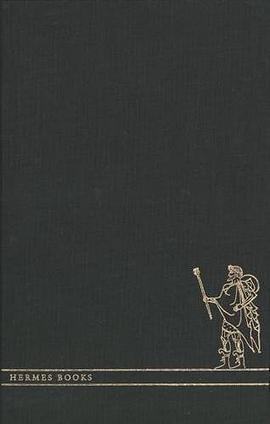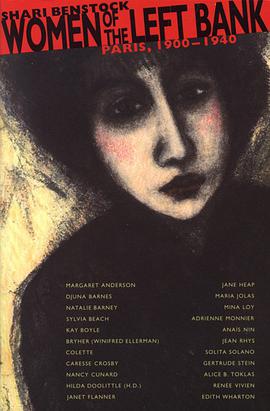

Seven noted scholars examine slave narratives and the topic of slavery in American literature, from Frederick Douglass's Narrative (1845)-- treated in chapters by James Olney and William L. Andrews-- to Sheley Anne William's "Dessa Rose" (1984). Among the contributors, Arnold Rampersad reads W.E.B. DuBois's classic work "The Souls of Black Folk" (1903) as a response to Booker T. Washington's "Up from Slavery" (1901). Hazel V. Carby examines novels of slavery and novels of sharecropping and questions the critical tendency to conflate the two, thereby also conflating the nineteenth century with the twentieth, the rural with the urban. Although works by Afro-American writers are the primary focus, the authors also examine antislavery novels by white women. Hortense J. Spillers gives extensive attention to Harriet Beecher Stowe's "Uncle Tom's Cabin", in juxtaposition with Ishmael Reed's "Flight to Canada"; Carolyn L. Karcher reads Lydia Maria Child's "A Romance of the Republic" as an abolitionist vision of America's racial destiny. In a concluding chapter, Deborah E. McDowell's reading of "Desa Rose" reveals how slavery and freedom-- dominant themes in nineteenth-century black literature-- continue to command the attention of contemporary authors.
具體描述
讀後感
評分
評分
評分
評分
用戶評價
相關圖書
本站所有內容均為互聯網搜索引擎提供的公開搜索信息,本站不存儲任何數據與內容,任何內容與數據均與本站無關,如有需要請聯繫相關搜索引擎包括但不限於百度,google,bing,sogou 等
© 2025 qciss.net All Rights Reserved. 小哈圖書下載中心 版权所有




















